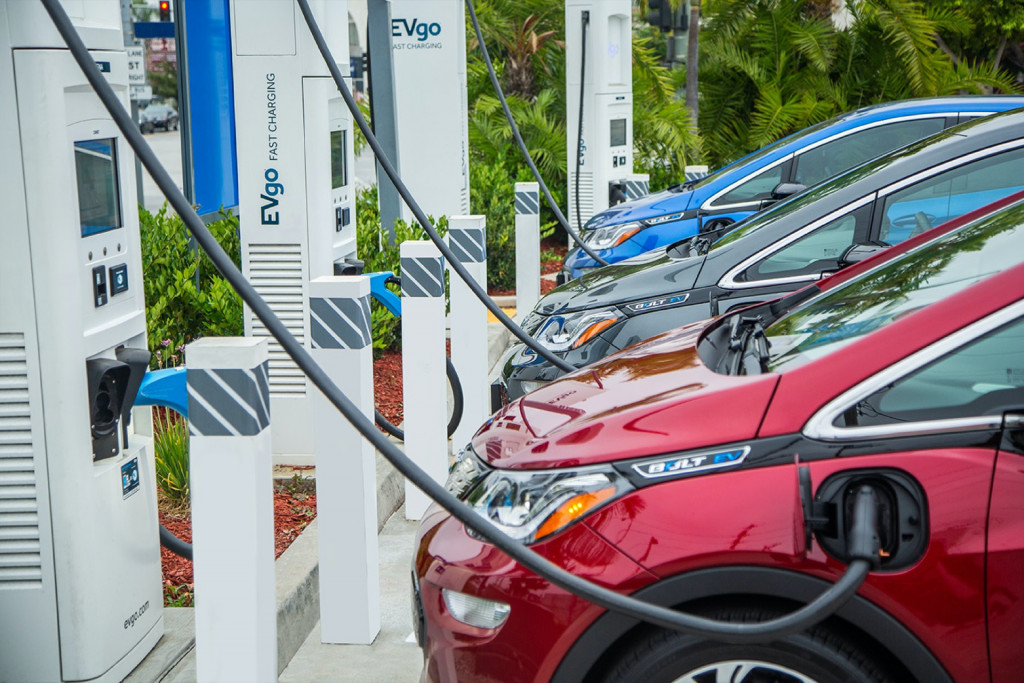Russia's ongoing invasion of Ukraine has triggered international sanctions throttling the country's oil exports, leading to fears of even higher gas prices. But electric vehicle adoption has been helping make the situation less grim.
Plug-in vehicles avoided roughly 1.5 million barrels of oil per day last year, according to new analysis from Bloomberg New Energy Finance. That's about one-fifth of Russia's pre-invasion oil exports, Bloomberg NEF said.
The oil use avoided by EVs has also doubled since 2015, to about 3% of global demand, according to the analysis.

Mercedes-Benz eCitaro G electric bus
While electric cars tend to get most of the attention, the analysis found that other vehicle types accounted for the most oil avoidance. Electric two- and three-wheeled vehicles—which tend to be popular in Asia—accounted for 67% of the oil demand avoided in 2021, according to Bloomberg NEF.
Those vehicles had an outsized impact on oil demand. Next in rank were electric buses, which accounted for 16% of avoided oil demand, followed by passenger vehicles at 13%. The latter were the fastest-growing segment, Bloomberg NEF noted.
While the amount of displaced oil demand is still a small fraction of the total global market, this analysis is in line with a 2017 prediction by research firm Wood Mackenzie that EVs could be a significant disruptor. Other analysis has also predicted that EVs could eventually sap the power of Big Oil.

GM and EVgo expand major-metro fast charging
It's important to put these analyses in context, though. While the shift to EVs has proceeded steadily, emissions reductions haven't necessarily fallen as rapidly as projected. A 2021 International Energy Agency report found that emissions reductions from EVs were cancelled out by added emissions from the shift to SUVs.
And while EVs break the oil industry's monopoly on powering transportation, they may not cause oil prices to crash. As research firm Navigant pointed out in 2016, the relationship between auto industry trends and oil prices expands to a number of factors beyond EVs—from stricter fuel-efficiency standards for gasoline cars to emerging technologies like autonomous driving. One must consider all of them to get the full picture.












